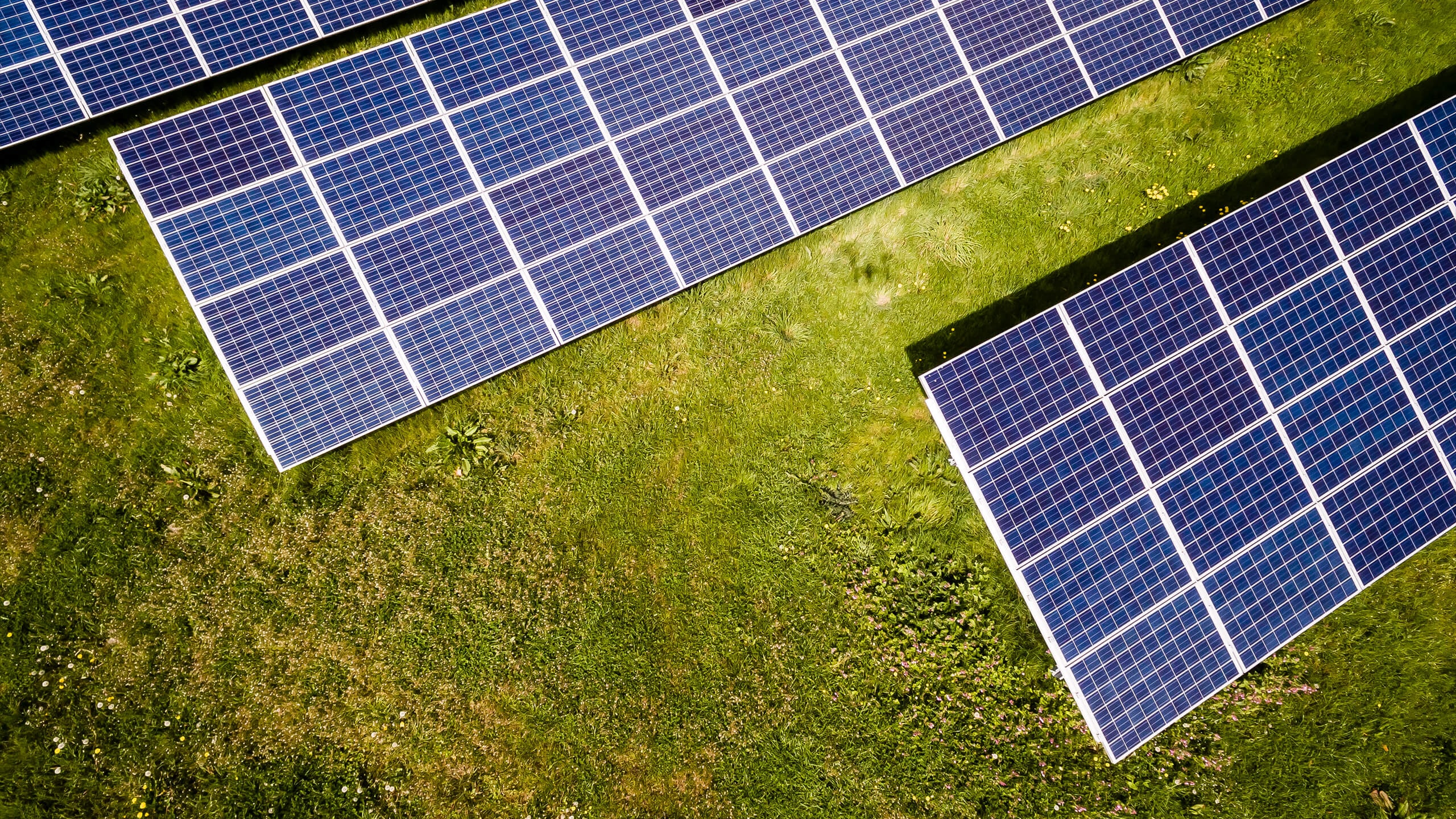
Top Google exec backs $1.3 billion investment in NZ solar power
Helios director Jason McDonald said that would be sufficient to produce about 1.8 terawatt-hours of power, which equates to about 4 per cent of the country’s electricity needs.
Read More
Iwi expands into renewable energy market
The company has completed a variety of installations including the largest commercial building install in Rotorua and various papakāinga, kura and residential installations.
Read More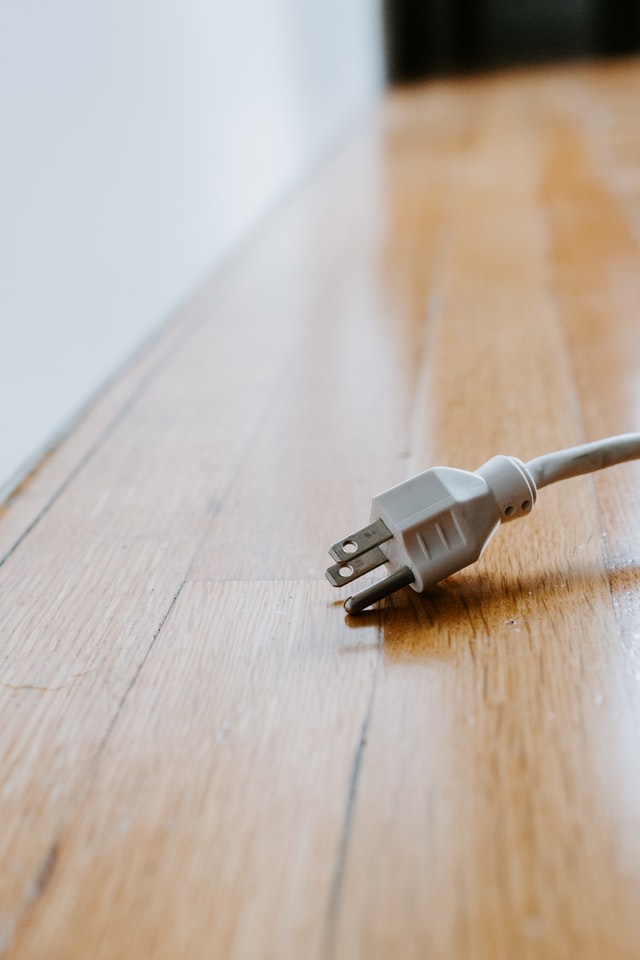
Cost of living crisis heats up headed into winter
Recently, several factors have snowballed to affect annual price rises, and there were several ways price rises were hitting consumers, which he described as the “perfect storm”.
Read More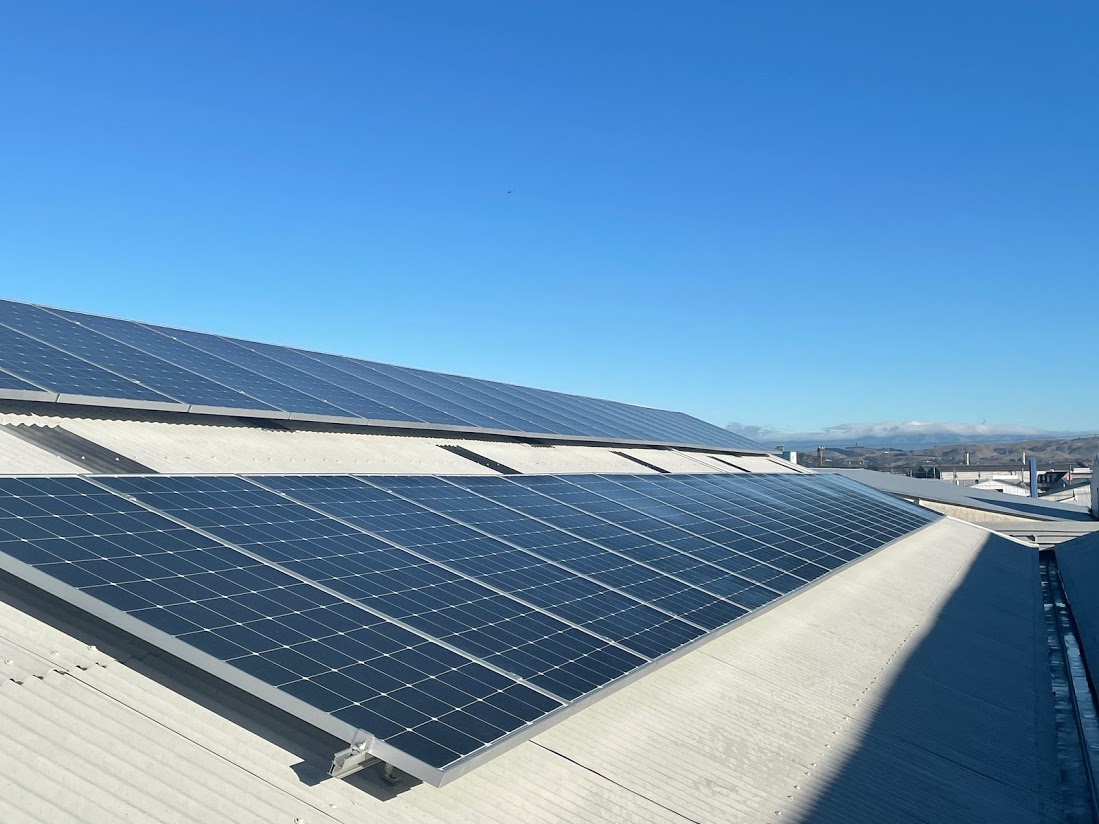
Advances in solar technology could see water harvested through solar panel add-ons
A three-month trial in Saudi Arabia has shown that a solar panel add-on system can harvest water without using any electricity by exploiting the day-night warming and cooling of solar panels. In fact, the system slightly increases the electricity-generating efficiency of the panels by keeping them cooler.
Read More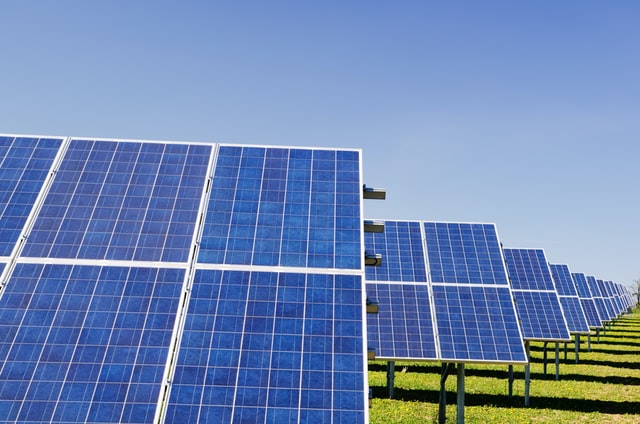
New solar farm planned for Waikato could power up to 30,000 homes
Harmony Energy New Zealand has unveiled plans to construct 329,000 solar panels on 182 hectares of a 260-hectare site at Te Aroha West.
The UK-based company has been granted approval to speed up its application under the Covid-19 Recover (Fast-Track Consenting) Act 2020 but is yet to hear of the project has been approved.
Read MoreThe difficulty with electric cars
Consumers hesitant to make the switch cite concerns such as the high purchase price, limited driving range and lack of sufficient charging infrastructure.
Read More
Rio Tinto signal desire to keep operating Tiwai Point past 2024
Minister of Energy and Resources Megan Woods said her vision for the future of Southland hadn’t changed despite Rio Tinto interest in remaining at Tiwai Point.
Read More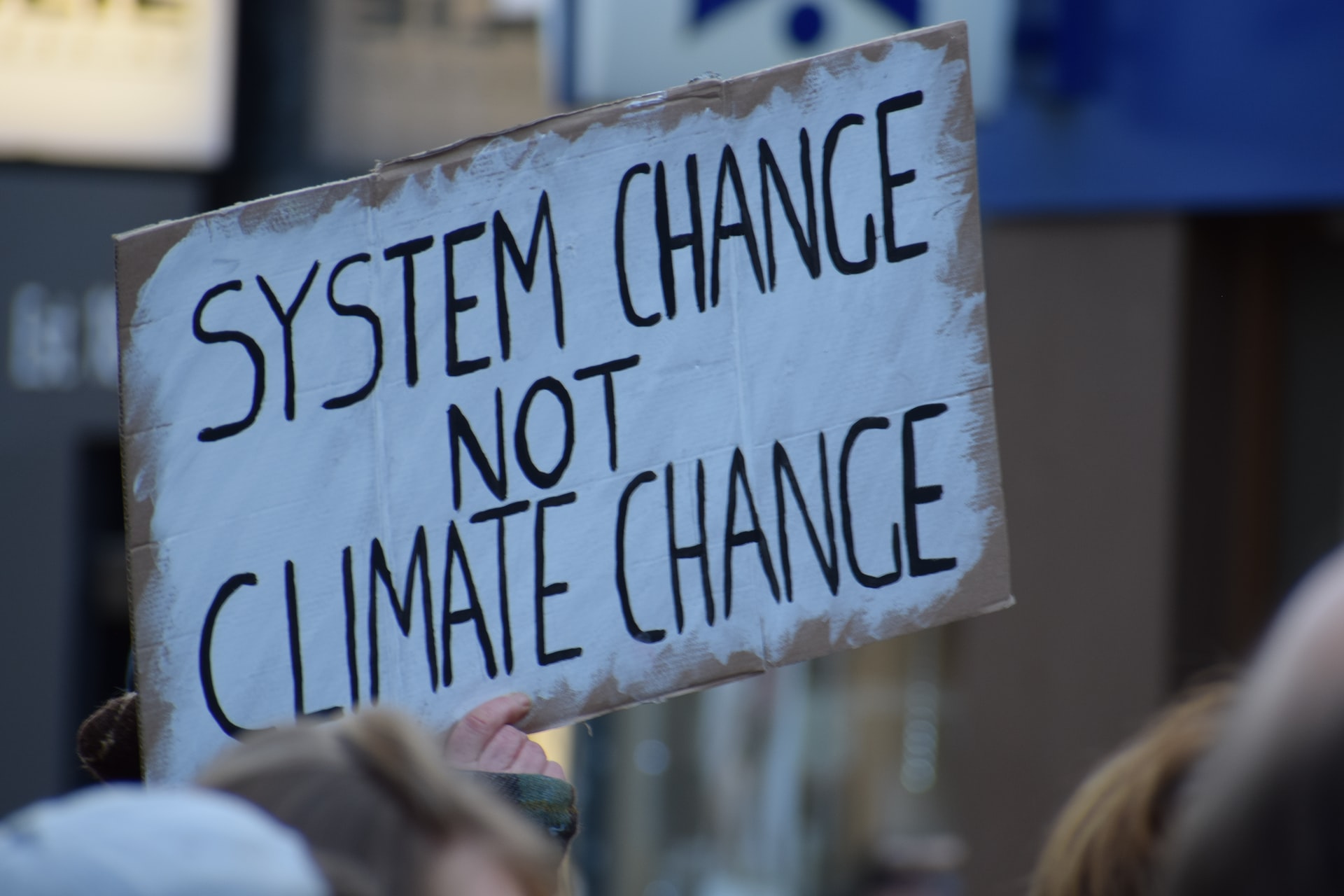
Increasing temperatures could cause prolonged blackouts in future
The heaviest air conditioning use with the greatest risk for overloading the power grid comes during heat waves, which also present the highest risk to health.
Read More